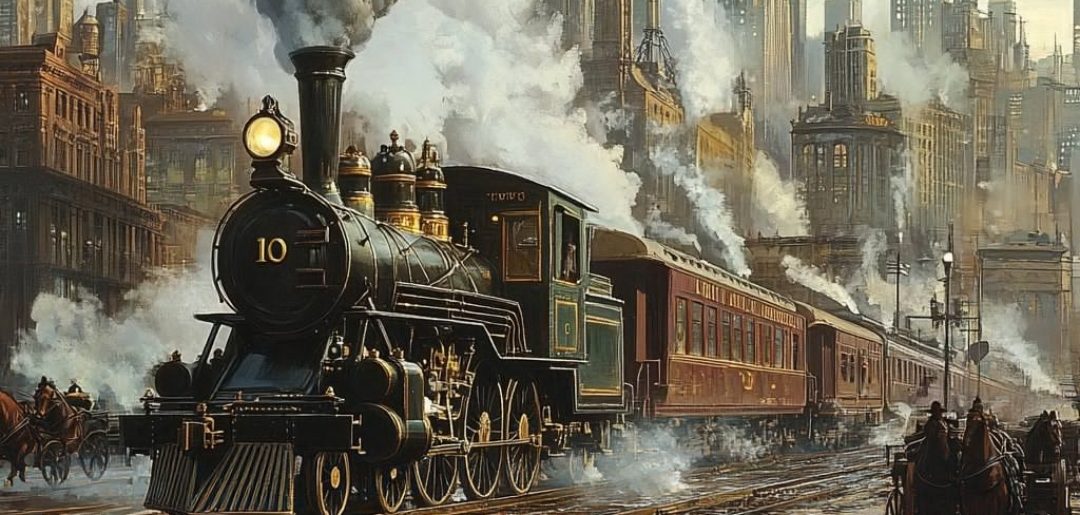Such a great excerpt:
Community, as it once existed in the form of places worth caring about, supported by local economies, has been extirpated by an insidious corporate colonialism that doesn’t care about the places from which it extracts its profits of the people subject to its operations. Without the underpinning of genuine community and its institutions, family life has predictably disintegrated, because the family alone cannot bear all the burdens and perform all the functions of itself and the community. Spouses cannot fulfill each other’s every need and marriages implode under the presumption that they ought to be able to. Children cannot acquire social skills unless they circulate in a real community among a variety of honorably occupied adults, not necessarily their parents, and are subject to the teachings and restraints of all such adults.
We have used our unprecedented wealth and technical ability to construct a massive edifice designed to deny and confute life’s essentially tragic nature, and this has made us ridiculous. That is why, for example, this sign 🙂 is now recognized as the most inane cultural symbol ever produced by a supposedly great civilization. We’re struck by the boldness and simplicity of its utterly false message.
Everything we love and care about in this world is subject to the tragedy of eventually being lost to us, including our very selves. The easy response to this terrible condition is to create a world full of things that are not worth caring about. That is precisely what we have done in the United States. This is why the suburban housing subdivisions are so sickening in their endless, banal replication. They deny and confute the tragic nature of life because they are places not worth caring about. When a hurricane blows away sixty condo clusters along the Florida Coast, nobody outside Dade County sheds a tear for what is lost, and not because other Americans are heartless, but because people of even modest intelligence can tell whether places are worth caring about, though perhaps they can’t say why. In the heartland, mobile home parks are commonly referred to as “tornado bait.” Nobody coould say that about an Italian hill town and get a laugh, not even an American.
It is the effort that human beings make to put the marks of still and love on the artifacts they leave behind that ennobles us in the face of life’s tragic nature, and lifts us close to the domain of angels. To behold a beautiful building, or a beautiful painting, or a beautiful garden made by someone now dissolved into time, and to be moved by these things, is to experience a residue of skill and love expended in the face o fcertain destruction, and this once again speaks to the tragic nature of the human predicament.
It is not an accident that the entertainment industry is the one major enterprise at which no other country has been able to overtake us. No other civilized country is preoccupied minute by minute with make believe, with pretending, with fantasy. We demand fantasy in order to distract ourselves from the reality of life’s tragic nature, and since reality tends to be insistentm we must keep the TV’s turn on at all waking hours and at very high volume. Yet fantasy is ultimately less satisfying than reality, and only deepens our hunger for the authentic.
James Howard Kunstler, Home From Nowhere: Remaking Our Everyday World for the Twenty-First Century (New York: Simon & Schuster, 1998), 22-23
I didn’t find this on offer at National Review.

Great excerpt indeed… I am left with a feeling of yearning, of longing.
whoa – that’s heavy duty. even more so since it’s from almost 20 years ago. smh.